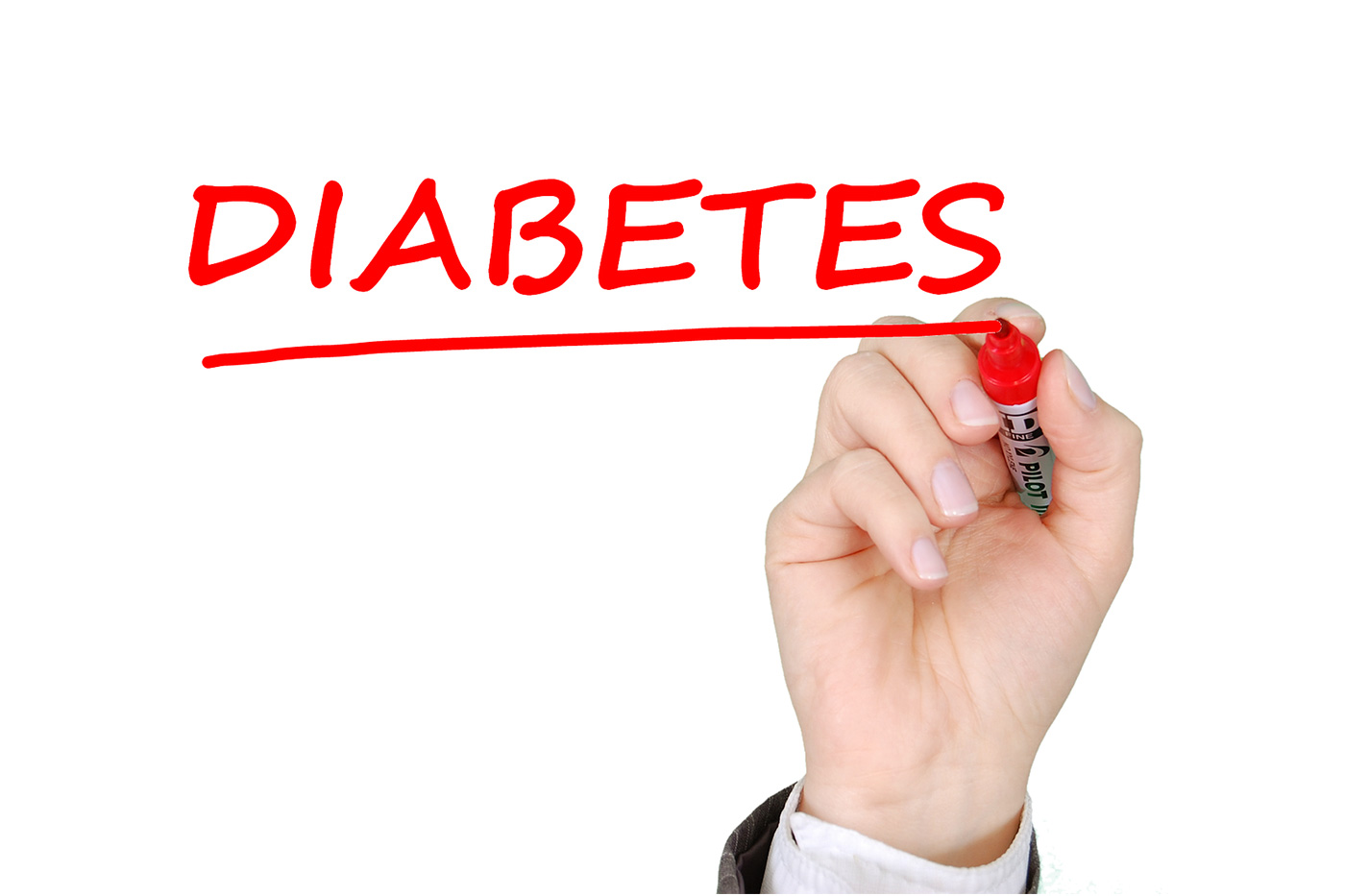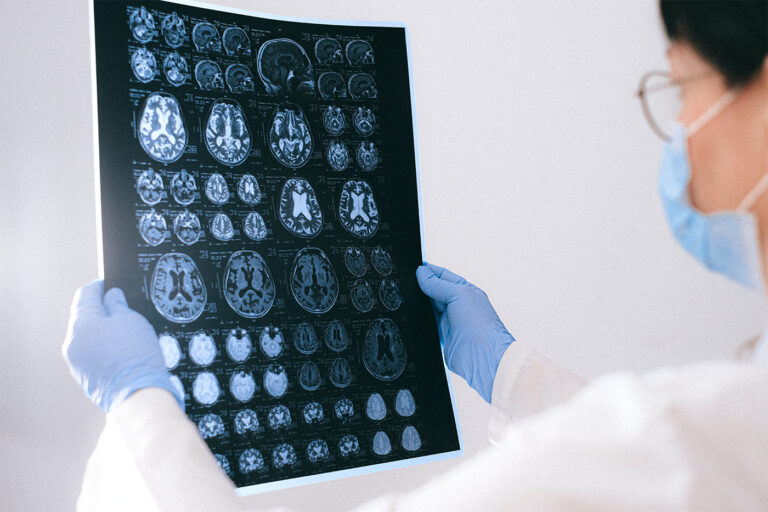Ten factors you didnt know increase sugar levels in diabetes
Everyone knows that intake of sugar causes hyperglycemia. But did you know there are several other factors too that could increase sugar levels in Diabetes?
Well you could enlighten your diabetic friend or relative about these little known factors and they will thank you for it.
#1. Beverages like coffee, tea, green tea, energy drinks etc. hike your blood sugar levels even if they are ‘zero calorie’ ones. This is attributed to the caffeine content in those drinks that hinder the blood sugar control in diabetes.
#2. Many so-called “sugar free” foods will raise your blood sugar level because they may still have lot of carbohydrates from starch. Read the total carbs on the back label. Also look for sugar alcohol sweeteners such as sorbitol and xylitol. They have fewer carbs than sugar, but may still raise your blood sugar.
#3. Fatty foods can cause your blood sugar to stay high longer. Especially foods those are high in both carbohydrates and fat.
#4. Your blood sugar may rise when you are sick from infections and your body is fighting off the organisms. Stay hydrated by drinking enough water. And know that medicines like antibiotics and decongestants may affect your blood sugar.
#5. Stress is another factor that makes your blood sugar go haywire. When you are under stress, the body releases hormones that can cause blood sugar to rise especially in type 2 diabetes. Practice of Yoga and pranayama can come handy in controlling stress.
#6. Corticosteroids can make your blood sugar go over the roof, and may even cause diabetes in some people. Blood pressure medicines especially the diuretic ones can also raise blood sugar if you are diabetic. Certain antidepressants too are known to raise blood sugar.
#7. Birth control pills containing estrogen can influence the way your body responds to insulin. Hence a test may show increased sugar levels.
#8. Blood sugar can often rise in the morning — even before eating. This is due to changes in hormones or due to a drop in insulin levels.
#9. Alcoholic drinks at first will increase your blood sugar, but for upto 12 hours after drinking, your blood sugar may actually dip.
#10. In women menstrual cycle too may influence sugar levels. Hormonal changes during menopause is another challenge in keeping the blood sugar within normal range..
Keep in mind that glycaemic response is different from one person to another, and also in the same person from day to day. Check your blood sugar about two hours after you eat to know how a food affects you.
Transient increase in blood sugar is a not a case for serious concern.
If you are a person with a sweet tooth, you don’t have to totally skip chocolates and sweets for ever. But have in limited quantity occasionally. According to the latest studies on diabetes, total carbohydrate consumption is more important than whether it’s a sweet or not. So make sure to skip or cut down other carbohydrates in your meal whenever you take a sweet.
Likewise, when you want to have a food item which is high in Glycaemic index, combine it with a low GI food. This will effectively balance the Glycaemic index of the meal.
Diabetes is a disease treatable with diet, life style modifications, supplements and medicine if absolutely necessary. Understanding the disease is the most important aspect of diabetes treatment. Hope this article serves you well in that front.


